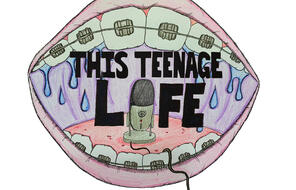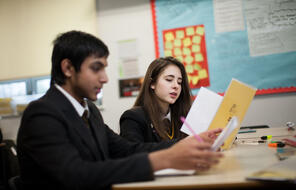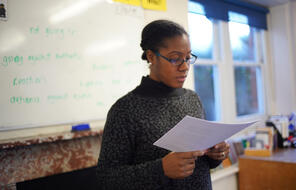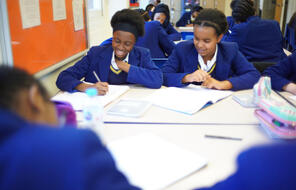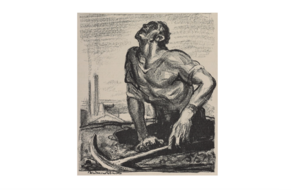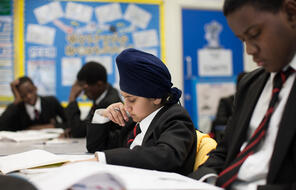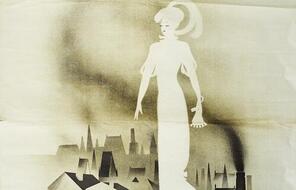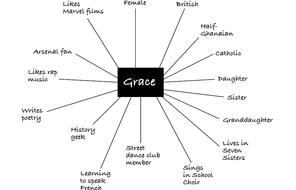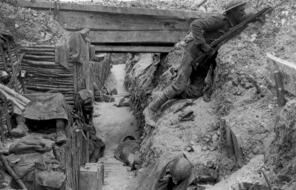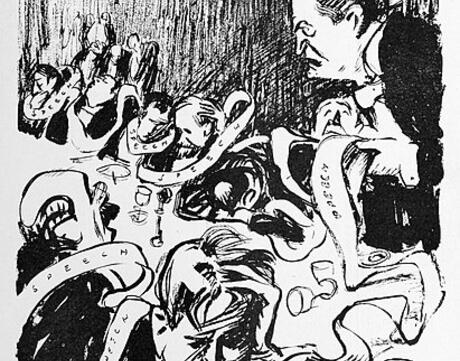
Differing Perspectives and Conflict
Duration
One 50-min class periodLanguage
English — UKPublished
Overview
About this Lesson
In the previous lesson, students discussed what lessons can be learnt from the first Act of An Inspector Calls, selecting evidence from the text to justify their claims. This activity not only boosted their knowledge of the opening Act, it also began the process of addressing the essential question of the unit: What can J. B. Priestley’s An Inspector Calls teach us about the impact of our individual and collective decisions and actions on others? Students then engaged in empathy-building exercises in which they adopted a character’s perspective in order to better understand their motivations and points of view. Both activities gave students the opportunity to engage with the content on a personal level, and build links between the play and their own identities and experiences.
In this lesson, students will begin reading the second Act of the play and will be encouraged to consider how conflict can emerge from differing perspectives. In the second Act, there is a clear difference between how the characters relate to each other when compared with the start of the play. These differences manifest themselves as conflict: the characters are increasingly revealed to have differing views of the world and a different understanding of one’s personal responsibility to others, be they family members, employees, or strangers. Students will reflect on these differences in perception, and will have the opportunity to make links with the world beyond school, thinking about how such differences can have both negative and positive consequences. They will also consider how we can overcome conflict born of such differences.
The activities in this lesson refer to pages 27–33 of the Heinemann edition of An Inspector Calls.
Preparing to Teach
A Note to Teachers
Before teaching this lesson, please review the following information to help guide your preparation process.
Lesson Plans
Activities
Extension Activity
Materials and Downloads
Quick Downloads
Download the Files
Get Files Via Google
Unlimited Access to Learning. More Added Every Month.
Facing History & Ourselves is designed for educators who want to help students explore identity, think critically, grow emotionally, act ethically, and participate in civic life. It’s hard work, so we’ve developed some go-to professional learning opportunities to help you along the way.
Exploring ELA Text Selection with Julia Torres
On-Demand
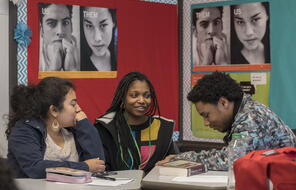
Working for Justice, Equity and Civic Agency in Our Schools: A Conversation with Clint Smith
On-Demand
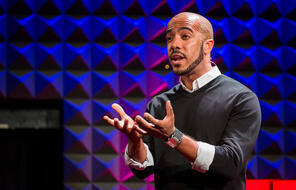
Centering Student Voices to Build Community and Agency
On-Demand
